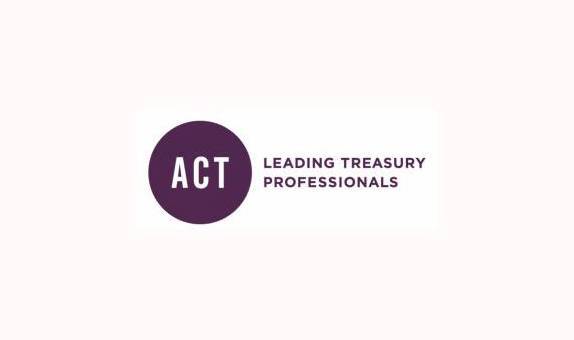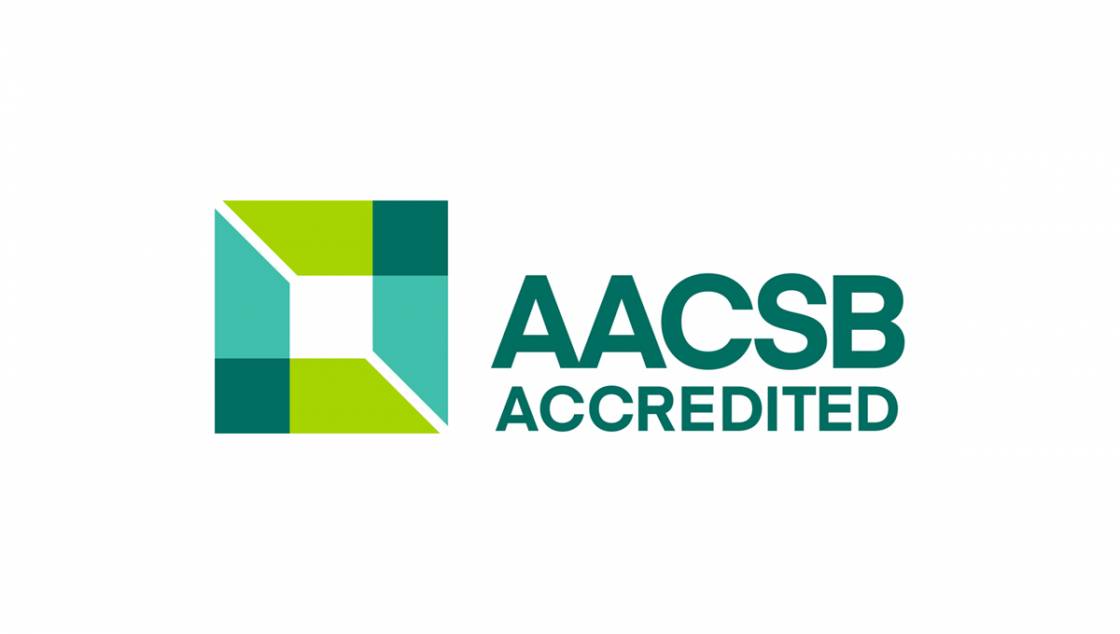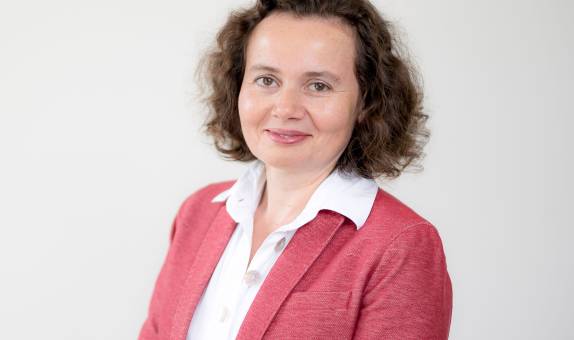Investment and Financial Risk Management MSc
Why choose this course?
This course is ideal if you aspire to a career in risk management with a role in managing investment portfolios and evaluating the associated risks.
You will gain a specialist understanding of the role of risk in investment and finance, covering topics including financial modelling, financial risk management, risk financing, financial engineering, and fixed income analysis.
The course has been developed in consultation with professionals at Barclays, RBS Capital Markets, Commerzbank AG, Standard Chartered Bank and NatWest Bank.
You will use industry-standard databases, learning to analyse and explore topics using qualitative and quantitative methods.
This course is suitable for both experienced corporate finance and financial management practitioners who want to add to their skills, and those looking for a career in the area.
| Mode | Duration | Attendance | Start date |
|---|---|---|---|
| Full time | 1 year | 1–4 days per week | September 2024 |
| Full time | 1 year | 1–4 days per week |
January 2025 September 2025 |
| Full time | 2 years including professional placement | 1–4 days per week plus placement year | September 2024 |
| Full time | 2 years including professional placement | 1–4 days per week plus placement year |
January 2025 September 2025 |
| Main Location | Kingston Hill |
Reasons to choose Kingston University
- Kingston Business School is one of only 5% of the world's business schools to be accredited by AACSB International.
- The course offers exemptions from the professional exams of the Association of Corporate Treasurers (ACT). There is also the chance to gain qualifications such as Bloomberg certification, or prepare for the Chartered Financial Analyst (CFA) credential (many aspects are covered by the course).
- We are one of the few UK universities with a Bloomberg trading room, offering hands-on skills. You may also use Thomson DataStream Advance.
- This course is taught by research-active staff and provides cutting-edge knowledge regarding the latest developments in the financial investment sector.
- Free car parking at the Kingston Hill campus is available for students of this course. The campus can also be easily accessed by public transport. Halls accommodation is just a walk away from the classrooms.
About the Department of Accounting, Finance and Informatics
The Department of Accounting, Finance and Informatics delivers high quality degrees in accounting, banking, finance, investment, financial technology, risk management and real estate. Our courses are accredited by professional bodies including ACCA, CIMA, ACT, RICS and ICAEW.
We are located on the doorstep of London - one of the world's largest financial hubs - where our partnerships with global organisations give you access to meaningful opportunities. We are one of only a few UK universities to have a Bloomberg Trading Room.
Kingston Business School Accreditations
Kingston Business School holds the prestigious international accreditation by the AACSB (Association to Advance Collegiate Schools of Business) in recognition of the excellence of its business education. This accreditation has been earned by just 5% of the world's business schools and recognises the high quality and standard of our business degree offerings.
Accreditation

This course is accredited by the Association of Corporate Treasurers (ACT).

Upon completion of module Risk Financing (BA7101) you will gain exemptions from the Certificate in Treasury units; Unit 3: Corporate finance and Unit 5: Risk analysis and management. You would then be required to complete three further units to complete the CertT.
This accreditation is renewed on an annual basis.
Specialist careers support
You will take part in an Assessment Centre Experience, providing the opportunity to experience the pathway to employment with tailored feedback to help develop your employability skills for the world of graduate employment.
- Develop your understanding of the jobs market, including current trends and opportunities, different recruitment processes and how to identify relevant roles
- Receive personalised feedback reports to help you to improve and progress
- Access additional webinars on top tips, employer expectations and best practice

At Kingston Business School we lead
What you will study
This course is underpinned by the latest research and best practice. Modules have been developed to provide you with up-to-date and relevant knowledge of accounting, finance and research methods.
Each module develops the skills valued by employers, such as presentation, team work, problem solving and communication skills.
We teach an extremely practical programme using real-life examples, live data and the latest research and theories. You will get the opportunity to create and manage investment portfolios and present the results, learn to use a Bloomberg trading room and industry standard databases, and undertake a research project.
You will examine the key issues in investment banking and trading. You will also learn to apply various different techniques in practice. We will show you how to analyse and explore a number of different topics using a balance of qualitative and quantitative methods.
Year 1: Teaching block 1
Year 1: Teaching block 2
Year 1: Teaching block 3
Year 2 (optional)
Core modules
Risk Financing
15 credits
This module explores the selection, implementation, and monitoring of risk financing techniques – the ways in which an organisation can obtain funds to pay for any critical or accidental losses. This module develops your critical awareness of risk within institutions and in a wider social context. Topics include:
- framework for risk financing;
- criteria for risk financing technique selection;
- insurance and reinsurance;
- financing property,
- net income and personnel losses;
- accounting and income tax aspects of accidental losses;
- insurance pricing;
- selection of insurers and their representatives;
- implementing risk retention-available options including use of affiliated insurers; and
- risk cost allocation.
Financial Engineering and Fixed Income Analysis
30 credits
This module will provide you with a broad understanding of the nature of derivative securities and how they can be used by banks and other financial institutions.
You will examine the valuation methods available and the mathematics behind derivatives and fixed income securities valuation. You will learn about numerical schemes such as the binomial lattice to value derivative and fixed income securities.
You will then move on to look at market calibration of alternative derivative models to illustrate how such models can be fitted to observed derivative prices.
Financial Modelling and Data Analytics
15 credits
This module provides an underpinning and understanding of the numerical techniques used in the business and finance world to aid strategic decision-making.
You will be equipped with the accounting, mathematical and statistical foundations that are necessary in the areas of accounting and finance and highly valued by employers.
You are encouraged to read articles from academic journals and discuss your findings during the interactive sessions, and you will also be able to make use of the Bloomberg Trading Room to analyse financial data.
Core modules
Portfolio Theory and Investment Banking
30 credits
During this module, you will gain a thorough understanding of modern portfolio theory and its implications for asset pricing, asset management, and investment decisions associated with risk management. The main topics covered include:
- portfolio diversification;
- optimal portfolio construction;
- expected utility theory;
- capital asset pricing model;
- arbitrage pricing theory with application;
- the formulation and implementation of various active and passive investment strategies; and
- the analysis and management of risks associated with particular strategies.
This module also looks at the different types of investment banks and the strategies they employ. You will cover:
- investment banks;
- private equity investment - types and techniques;
- debt and equity underwriting by investment banks;
- trading techniques;
- mergers and acquisitions;
- securitisation;
- hedge funds;
- mutual funds and other funds; and
- wealth management, and clearance and settlement.
You will construct and manage investment portfolios for a specific period and present the results. You will use the dedicated Bloomberg Trading Room and software packages to develop your practical experience of industry standard systems and use real, live data.
Financial Statement Analysis
15 credits
This module will develop your critical knowledge and understanding of accounting principles and enable you to analyse financial statements and reports using financial ratios and other metrics.
You will learn how undertake an in-depth analysis of firms' strategic capabilities, risk and growth potential, financial and operating performance.
This module is relevant to those who are interested in a career in the corporate or financial services sector. Professionals such as accountants and corporate lawyers can also benefit and enjoy broader career development opportunities through the skills and knowledge that this module offers.
Bank Financial Risk Management
15 credits
The module aims to develop a critical awareness of financial risk within financial institutions and in a wider context. It will begin with an analysis of financial institutions, and then build upon this foundation by analysing the measurement of key risks to which financial institutions are exposed. This will include a detailed analysis of credit, liquidity, interest rate and market risk.
The module will then consider management issues including: the role of capital; liability and liquidity management and product diversification. It will finish by analysing the banks' utilisation of the financial markets in risk management.
The course has a substantial quantitative component but also provides intuition needed to understand the fundamental mathematics of bank financial risk management. The module will provide candidates with the computer and research skills required by employers in this highly competitive sector.
Core module
Dissertation and Research Methods
60 credits
This module will introduce you to methods and procedures for identifying, investigating and analysing a research problem, and an opportunity to apply these tools in the development of a dissertation. You will be expected to be familiar with the theory and research in your chosen area of study, and to demonstrate your ability to review and apply concepts and techniques critically.
The professional placement year is optional. It takes place after the full time year. It allows students to do a 12-month work placement as part of their course. The work placement is an assessed part of the course and is therefore covered by a Student Route visa.
Find out more about the postgraduate work placement scheme.
Core module
Professional Placement
120 credits
The Professional Placement module is a core module for those students following a masters programme that incorporates an extended professional placement that follows completion of the first 180 credits of taught modules and project or dissertation. It provides students with the opportunity to apply their knowledge and skills in an appropriate working environment, and to develop and enhance key employability skills and subject specific skills in their chosen subject.
It is the responsibility of individual students to locate and secure a suitable placement opportunity; this will normally involve one placement which must be completed over a minimum period of 10 months and within a maximum of 12 months. The placement must be approved by the module leader prior to commencement to ensure its suitability.
What our students say
Kingston Business School: be who you want to be
After you graduate
You will be ready to work in investment banking, trading, and financial consultancy and for paths in investment and portfolio management. Roles include risk manager, risk analyst and investment consultant.
Graduates have gone on to work for Moody's Analytics, Ernst & Young, Nordea, Deutsche Asset & Wealth Management, Protiviti Ltd, Gulf International Bank, Danske Bank, Barclays and Accenture.
Entry requirements
Teaching and assessment
Who teaches this course?
You will be taught by an experienced teaching team whose expertise and knowledge are closely matched to the content of the modules on this course. The team includes senior academics and professional practitioners with industry experience. The following group of staff members are currently involved in the delivery of different elements of this course. This pool is subject to change at any time within the academic year.
Fees for this course
Additional costs
Depending on the programme of study, there may be extra costs that are not covered by tuition fees which students will need to consider when planning their studies. Tuition fees cover the cost of your teaching, assessment and operating University facilities such as the library, access to shared IT equipment and other support services. Accommodation and living costs are not included in our fees.
Where a course has additional expenses, we make every effort to highlight them. These may include optional field trips, materials (e.g. art, design, engineering), security checks such as DBS, uniforms, specialist clothing or professional memberships.
Course changes and regulations
The information on this page reflects the currently intended course structure and module details. To improve your student experience and the quality of your degree, we may review and change the material information of this course. Course changes explained.
Programme Specifications for the course are published ahead of each academic year.
Regulations governing this course can be found on our website.













